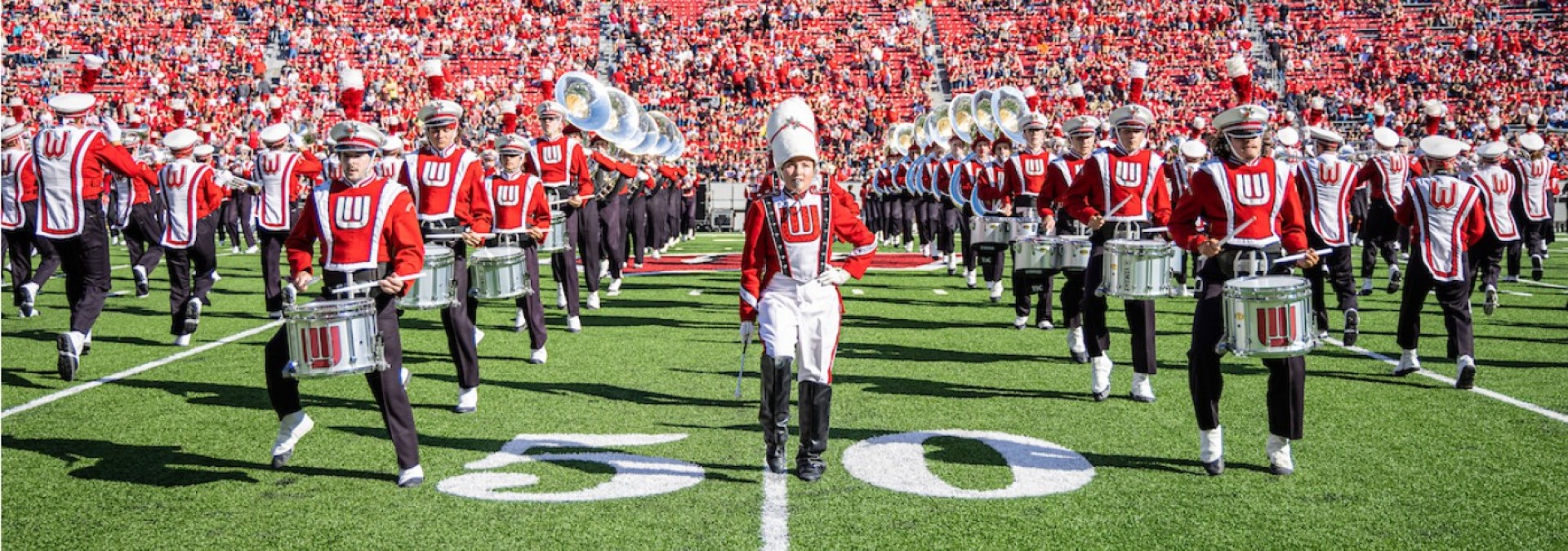In the competitive world of college applications, music students face a unique challenge. They aren’t just asked to write strong essays or present top GPAs—they must also perform, audition, and demonstrate artistry. One of the most effective (and often overlooked) ways for high school musicians to prepare and stand out is by participating in Master Classes.
A Master Class is a special kind of lesson or workshop led by a highly accomplished musician, teacher, or performer. These sessions can be intense, inspiring, and deeply educational. Whether a student performs in front of the class or simply observes, the experience can shape their musical growth and boost their college applications.
Why Colleges Value Master Class Experience
College music departments are looking for more than raw talent. They want students who:
- Have experienced real-time feedback from professionals
- Can perform under pressure
- Know how to respond to critique
- Show maturity and curiosity about their craft
Participating in a Master Class helps high school students get a taste of the college experience—and prove they’re ready for it.
Imagine this: a high school junior walks on stage, a little shaky but determined, to perform a piece in front of a world-class musician. The teacher offers feedback. The student listens, adjusts, and plays again. That moment becomes a turning point—a glimpse into what college music study is really like.
Including Master Class experience on a college application shows:
- Dedication to musical growth
- Courage to perform and improve publicly
- Exposure to advanced instruction
Beyond the Resume: Real Artistic Growth
Master Classes aren’t just resume boosters—they’re transformative. Students:
- Learn to manage nerves
- Gain insight into different artistic perspectives
- Hear how others perform and grow
- Receive direct guidance from seasoned professionals
These experiences help students find their unique artistic voice. They also prepare students for the intense audition process many college music programs require.
How to Find Music Master Classes
- Ask your music teacher or director
- Check local colleges & universities
- Look into regional music festivals
- Search online platforms
- Ask your local symphony
- Ask at performance venues
Access Is Easier Than You Think
The good news? Master Classes aren’t just for elite students or expensive programs anymore. Today, students can:
- Attend in-person Master Classes in their community or region
- Join virtual classes taught by major performers around the world
- Watch recorded sessions from music festivals or university programs
If you’re not ready to perform yet, observing is still incredibly valuable. Listening to critique, watching how students respond, and seeing how masters teach offers deep learning.
Final Note: Take the Lead in Your Journey
If you want to study music in college, don’t wait until senior year to get serious. Start now. Seek out Master Classes. Talk to your band or orchestra director about upcoming opportunities. Sign up. Show up. And be ready to grow.
College applications are competitive. But if you can say, "I’ve performed in a Master Class," you’re already one step ahead. You’re showing initiative, passion, and preparation—three things every music program values.
Master Class magic is real. It happens the moment a young musician is challenged by greatness—and rises to meet it.

.jpg)
.png) ARTICLE GLOSSARY
ARTICLE GLOSSARY

.png)
.png)


.jpg)
.jpg)

.jpg)

.png)




.png)










.jpg)



.jpg)
.jpg)
.jpg)
.jpg)
.jpg)

.png)
.png)

